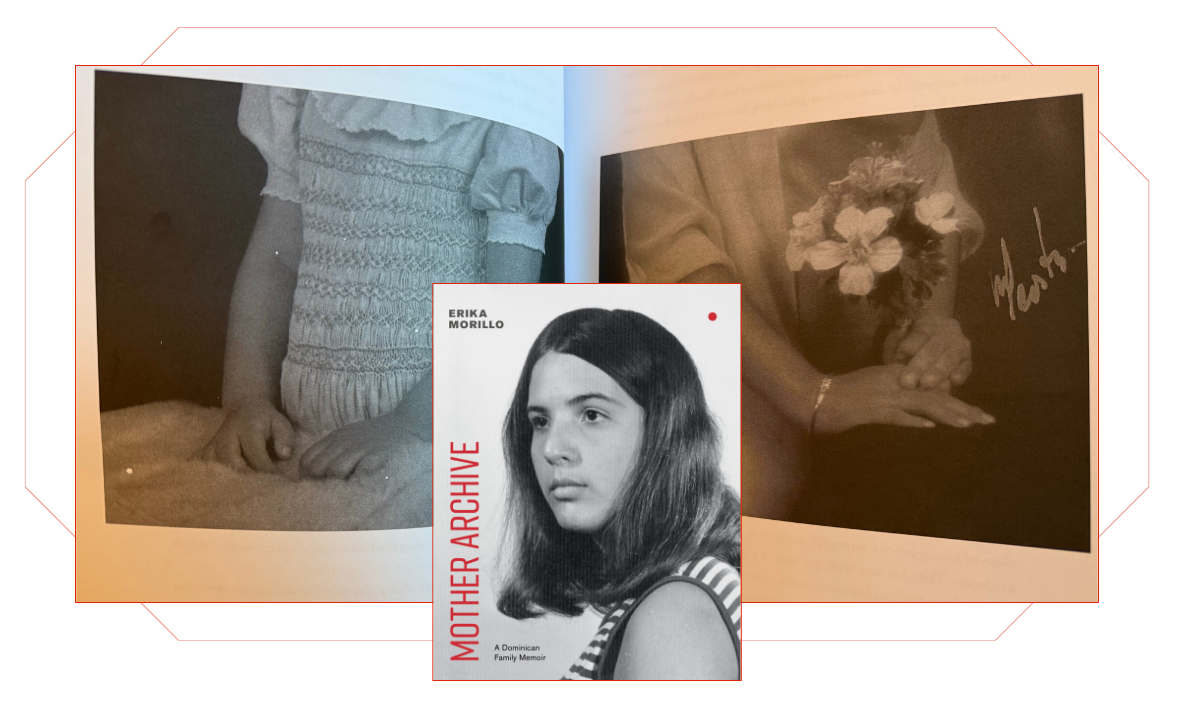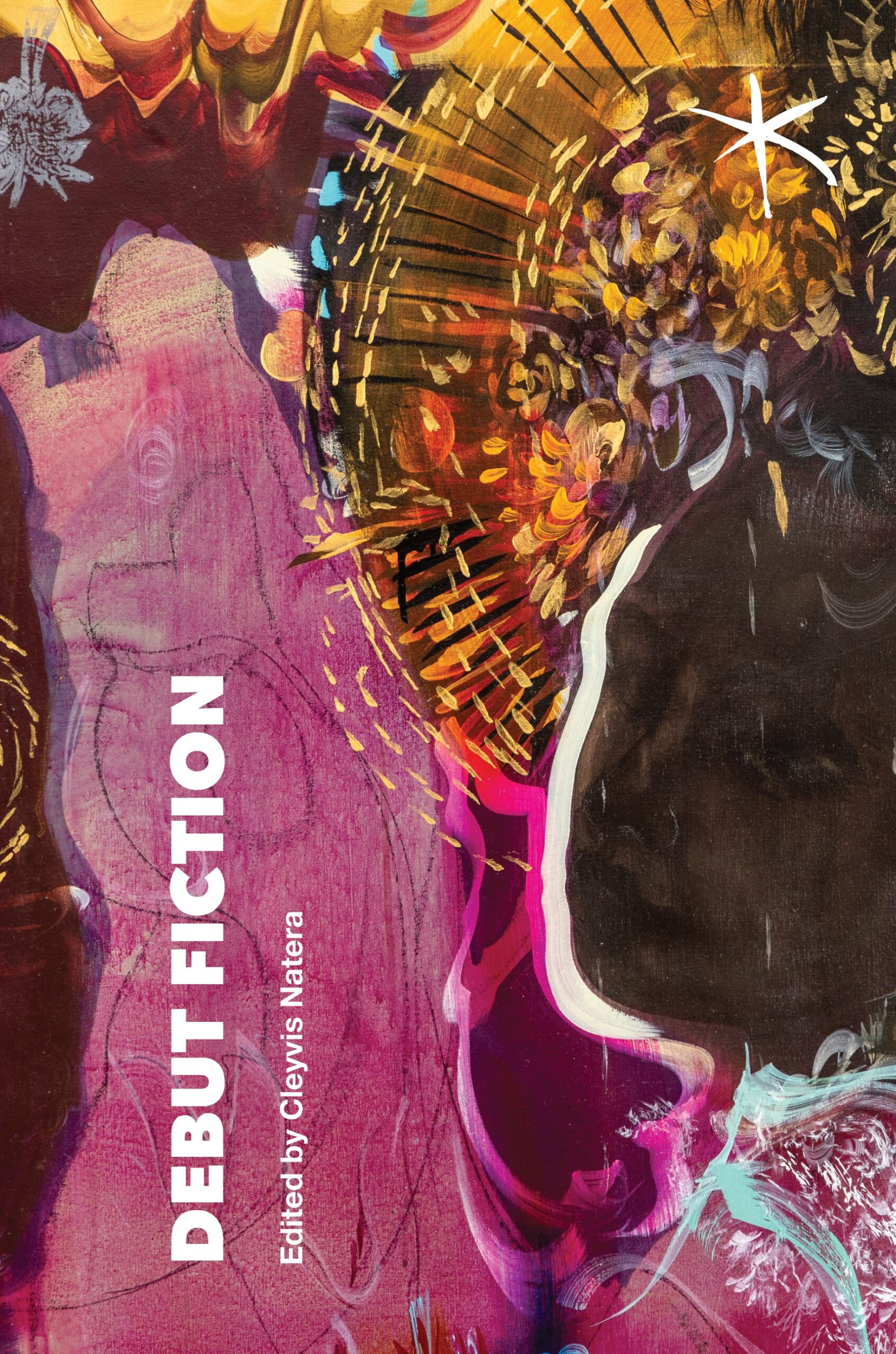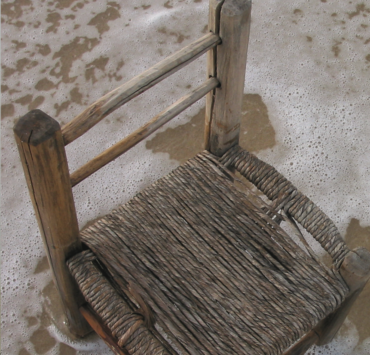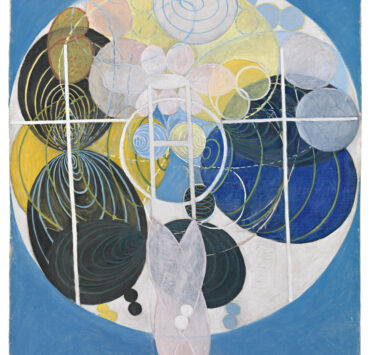
Mother Archive begins with fire. In the kitchen of Erika Morillo’s apartment in New Jersey, flames briefly rise, and the author sees her home illuminated in flashes of light. Mother Archive is a book brimming with such illuminations. Through text and captivating black and white photographs, the author and artist traces her troubled and complicated relationship with her mother. In this intimate missive, Morillo guides the reader through the emotional, historical, and physical landscapes that have held her family through generations of self-destructive silence,. She bravely repudiates those silences, page by searing page.
“Topography is a drug,” Morillo writes after she moves from New York City to Santiago, Chile with her young son. It is one of many re-locations she undertakes; there is a searching and an unsettling that guides Morillo through the book, seemingly originating from early childhood traumas she experienced while living in the Dominican Republic. The shifting topography of her mother’s face also becomes a major fixation of Morillo’s; she collects portraits of her mother as a young woman and takes portraits of her own to document the instability and uncertainty she feels about the woman captured in the photographs.
Mother Archive is exactly that: an archive of portraits and memories of Morillo’s sometimes terrifying and damaged mother, but also an archive of the author as she comes of age and confronts her own damages and desires as a woman who is at once intricately tied to and bereft of her mother.
To contemplate an image is not a passive act. It is not a one-way relationship of consumption. To really see what is in front of us we must measure that image against our internal structures. The image asks us to confront our memories, previously held notions, and desires. To attune your gaze to a fire is to contemplate burning. To look into the face of your mother is to confront your history, your childhood, the raw material of yourself, and your future. If you pick up Mother Archive, you will be asked to view the engrossing photographs that permeate the text–and in the embodied viewing that this book demands, you will find yourself, like Morillo, in conversation with your memories, your ancestral inheritances, and your desired futurity.
This multifaceted portraiture comes into sharp focus when the author becomes a mother herself and must begin the urgent work of recognizing and releasing the generational trauma that hardens mothers against their children and children against their mothers. Alongside the text which details the author’s path of reckoning and the portraits, Mother Archive also collects the topography of the sea. Morillo’s textural, granular, birds-eye-view photographs of churning waves and shorelines make a strong argument for the comparison of a mother and the ocean; both can be unpredictable, dangerous, essential, and beautiful.
Amid its considerable beauty, Mother Archive deals many devastating blows in prose that feels immediate and sensorial. Not the least of which is the “disappearance” of her father by the government of the Dominican Republic when Morillo was five years old. Morillo deftly faces this wound, and those that follow, in a clear, honest, and at times, funny, voice that manages to ground the reader in the many landscapes of the book while also plunging deep into the emotional and psychological whirlpools that move inside the author and her immediate family. As the traumas faced by Morillo and her family mount, so does the absence of closure and language, and Mother Archive serves as a powerful reclamation and rewriting of those elisions:
The truth is, you and your generation are the children of long and bloody dictatorships. Of strict parents whose hit of the hand was their lexicon. Of a secretive society that punished those who transgressed the golden rule of silence. Your grandson’s generation, on the contrary, came out of the womb light, already free of this baggage. They were born with language and agency already at their fingertips. Separating both generations, these pages. My way to break the chain but also, by writing them in a foreign tongue, a kind of self-exile.
In Mother Archive, Erika Morillo navigates the intricate intersections of memory, trauma, language, and identity. With her clear eye and her strong desire to unravel generations of knotted silence, she excavates layers of emotional sediment. Mother Archive is a dizzying, multidimensional exploration of the sharp pain that can exist between mothers and their children and a vital reclamation of narrative agency. Morillo has crafted a multi-modal text, an image for anyone who seeks to understand the enduring effects of generational trauma and the power of confronting and transmuting our most painful silences into art as buoyant and lovely as mother hair. It is a book with the power to loosen the knots inside you.
Lila Bonow is a Black, multiracial poet and writer from a counterculture family in Seattle, Washington. She is currently a second year MFA student in Poetry at the University of Pittsburgh. She loves to be immersed in water.







